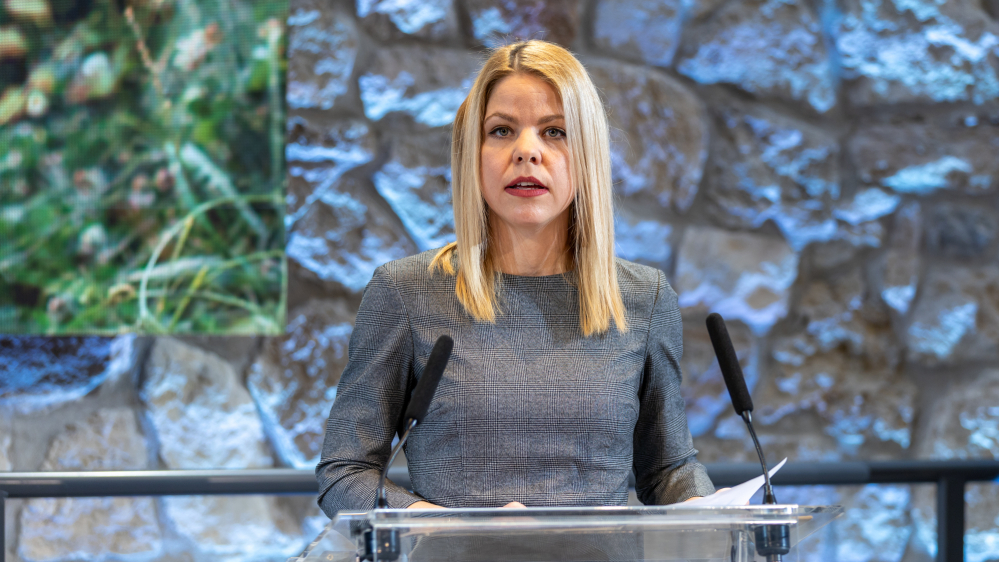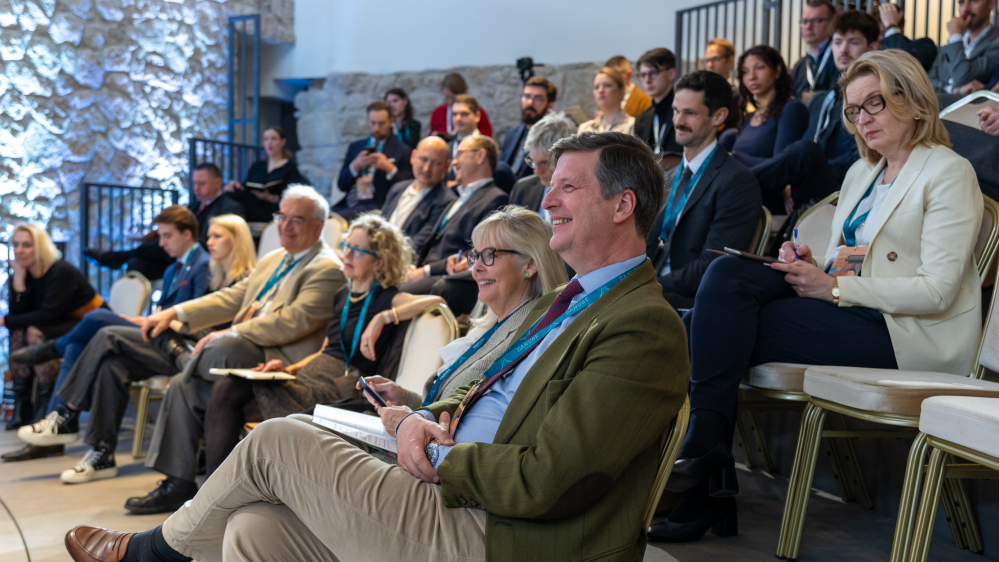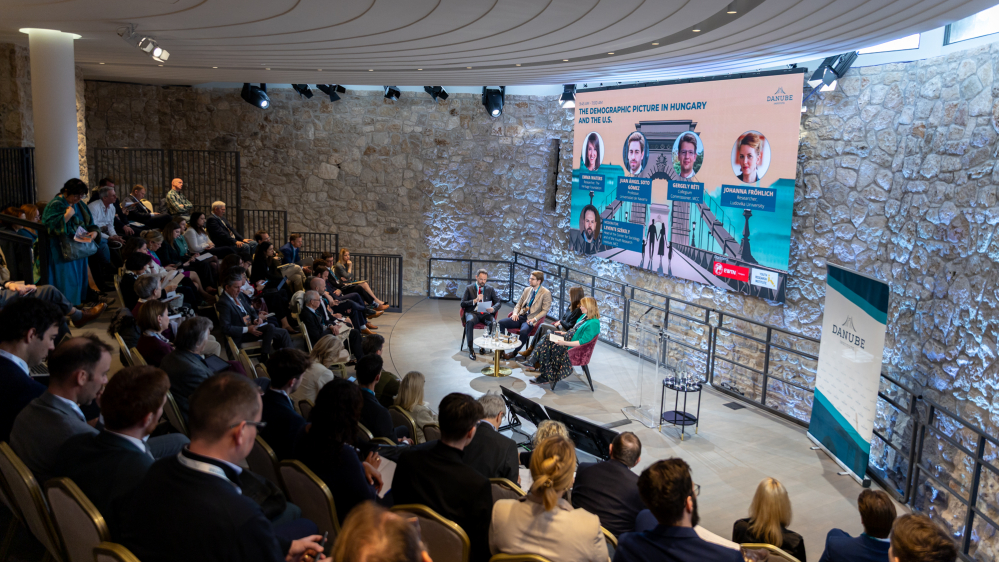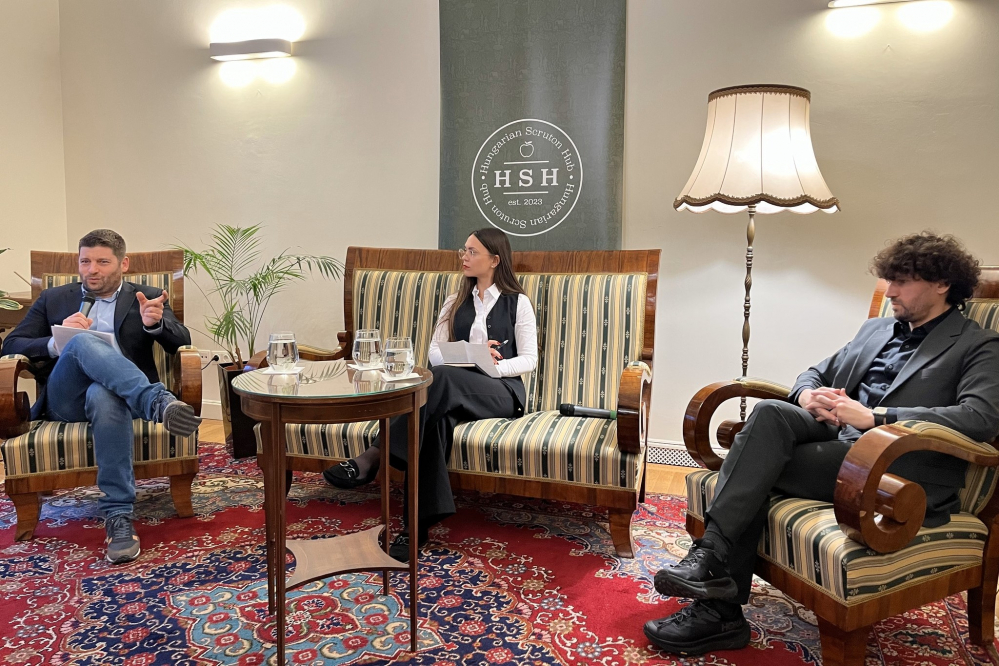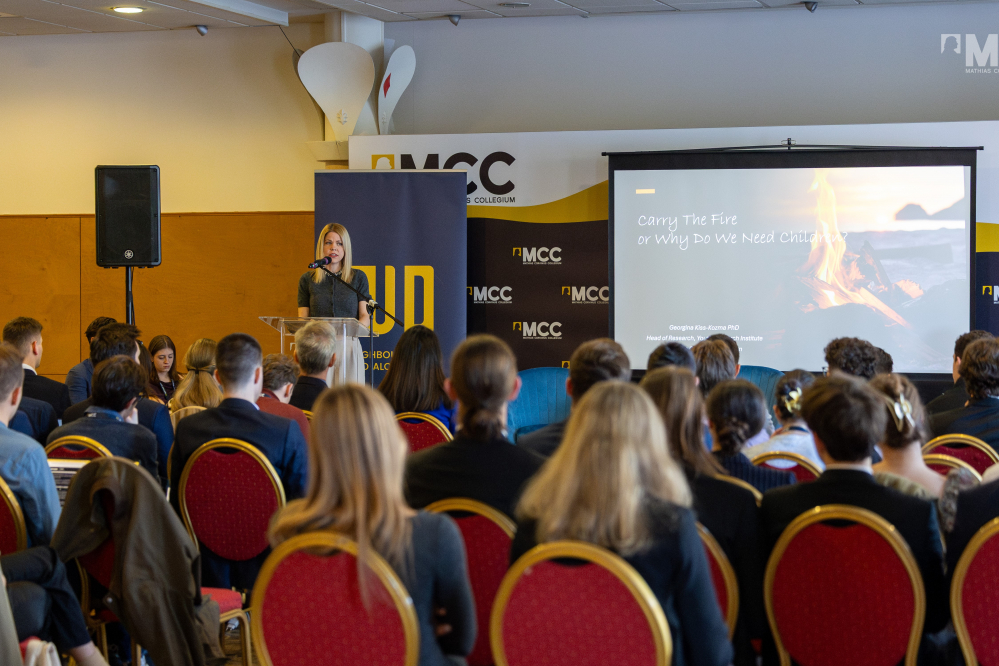On April 1, 2025, the Danube Institute, in partnership with the Youth Research Institute, hosted a conference titled "Family Formation and the Future: The Geopolitical, Cultural, and Legal Dimensions of Demographic Change." The event explored demographic shifts, family formation, and fertility trends, with Hungary's policies serving as a potential model.
Demographic Trends & Family Planning
Georgina Kiss-Kozma, Head of Research at the Youth Research Institute, presented findings from a study comparing the family planning intentions of young people in Hungary and the U.S. The survey, conducted between December 2024 and January 2025, analyzed attitudes toward marriage, parenthood, and societal expectations.
While many young Hungarians and Americans still value marriage, both groups are postponing childbirth. This delay often results in having fewer children than planned. The study also found that nearly half of young Americans and a quarter of Hungarians do not plan to have children, citing environmental concerns and lifestyle preferences. Traditional family structures remain the ideal for young people, but acceptance of alternative lifestyles is growing.
Roundtable Discussion
A panel discussion followed, featuring:
- Emma Waters, Policy Analyst at The Heritage Foundation, who linked declining fertility rates in the U.S. to a prior "marriage recession" and noted how policymakers now use "pro-family" rather than "pro-natalist" language to make policies more widely acceptable.
- Johanna Fröhlich, Senior Research Fellow at Ludovika University, who emphasized the societal undervaluation of parenting and argued that raising children requires significant sacrifices that are often overlooked or unappreciated.
- Gergely Réti, Collegium Commissioner at MCC, who highlighted the struggles young Hungarians face in dating and community-building, noting the decline of tight-knit social structures and the increasing loneliness among youth.
Moderated by Levente Székely, the panel discussed the role of religious communities in sustaining higher fertility rates and the broader cultural attitudes toward family. The conversation also touched on the need for strong, supportive communities to foster family formation. Emma Waters concluded with a thought-provoking statement: "Happy and hopeful people have children. If we are not having children, what does that say about us as a society?"


